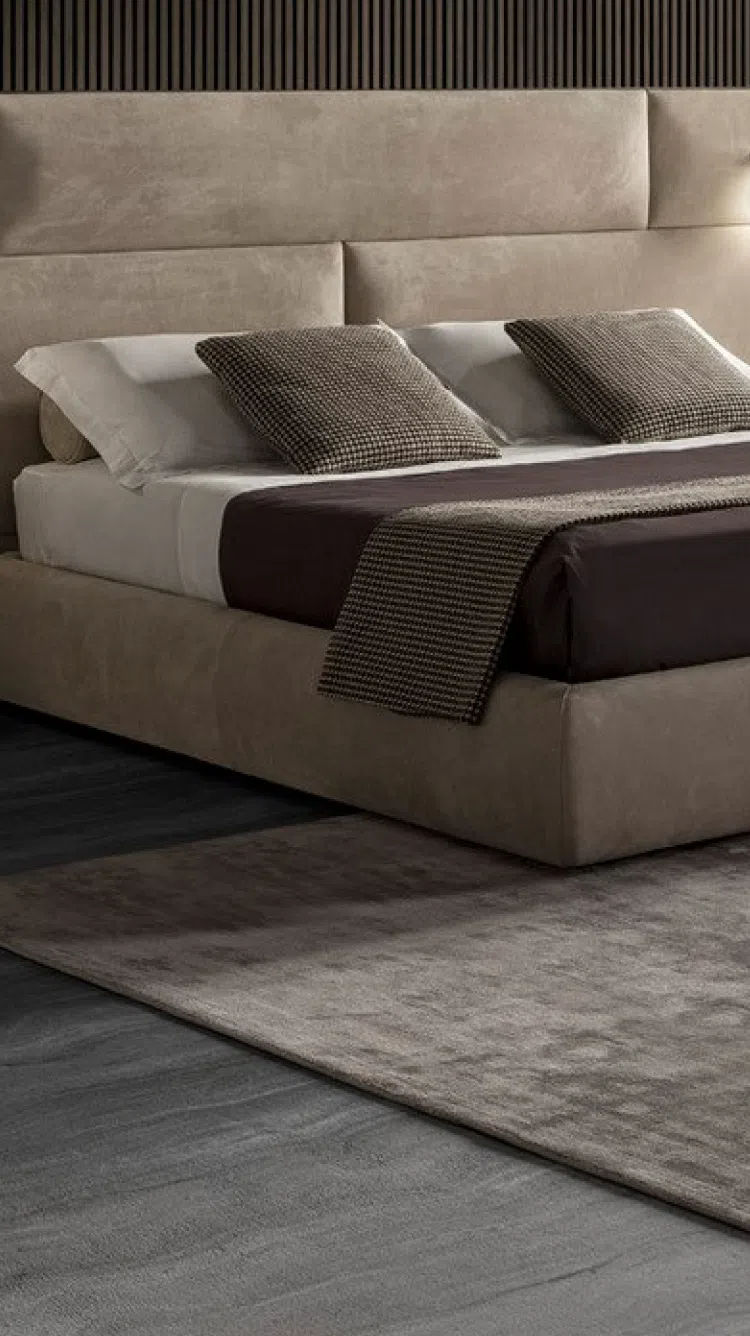
Zinc alloy is a material commonly used in furniture for its casting properties, durability, and aesthetics. In furniture applications, zinc alloys are often utilized for hardware components such as handles, knobs, and decorative elements, rather than for structural parts.
Composition and Properties: Zinc alloys are composed of zinc as their base metal, and they are typically combined with other metals such as aluminum, copper, and magnesium to improve characteristics like strength, ductility, and impact resistance. The most common zinc alloy used in furniture is Zamak, a family of alloys that follow a standard set of compositions, ZAMAK 3 being the most frequently used due to its good balance between mechanical properties and castability.
Casting and Molding: One of the main advantages of zinc alloys is their excellent castability. They can be precision-cast into intricate shapes and fine details, which is why they are ideal for ornate furniture hardware. Zinc alloys have a low melting point compared to other metals like steel or aluminum, which allows for lower energy requirements during casting and reduces tool wear. They also have good fluidity, enabling them to fill complex molds without creating casting defects.
Surface Finishing and Appearance: Zinc alloy components can receive a wide range of finishes, such as chrome plating, brass plating, powder coating, antiquing, or painting. These finishes can be applied to achieve a look that complements the overall design of the furniture and to provide additional resistance to corrosion and wear. The versatility in finishing allows designers and manufacturers to match hardware with the predominant materials and style of the furniture piece.
Strength and Durability: Components made from zinc alloys are known for their rigidity and wear resistance. They are not as strong as steel, but for the types of applications in furniture where they are used, they provide sufficient strength and longevity. They are also less prone to deformation under load compared to some plastic materials.
Corrosion Resistance: Zinc alloys inherently offer good resistance to corrosion in most indoor environments. Additional protective coatings can further enhance this characteristic, making them suitable for furniture that could come into contact with moisture or cleaning agents.
Sustainability and Recycling: Zinc is a recyclable material. At the end of their life span, zinc alloy components used in furniture can be melted down and reused in new products, thereby reducing waste and making them a more sustainable choice in terms of material circularity.
Weight: Zinc alloy components are heavier than plastics and some other metal alloys like aluminum, a factor that can be both a pro and a con. The weight provides a feel of quality and sturdiness, but it can be a drawback in situations where lightweight furniture is desired for ease of movement and transport.
Cost: Generally, zinc alloy is a cost-effective material for furniture hardware due to its ease of casting and finishing. The initial cost may be higher than some plastics, but it is often lower than other metal options when considering durability and the lifespan of the components.
In summary, zinc alloy is a versatile and practical material in the furniture industry, mostly adopted in decorative and functional hardware, providing an optimal blend of aesthetics, durability, and cost-effectiveness.



